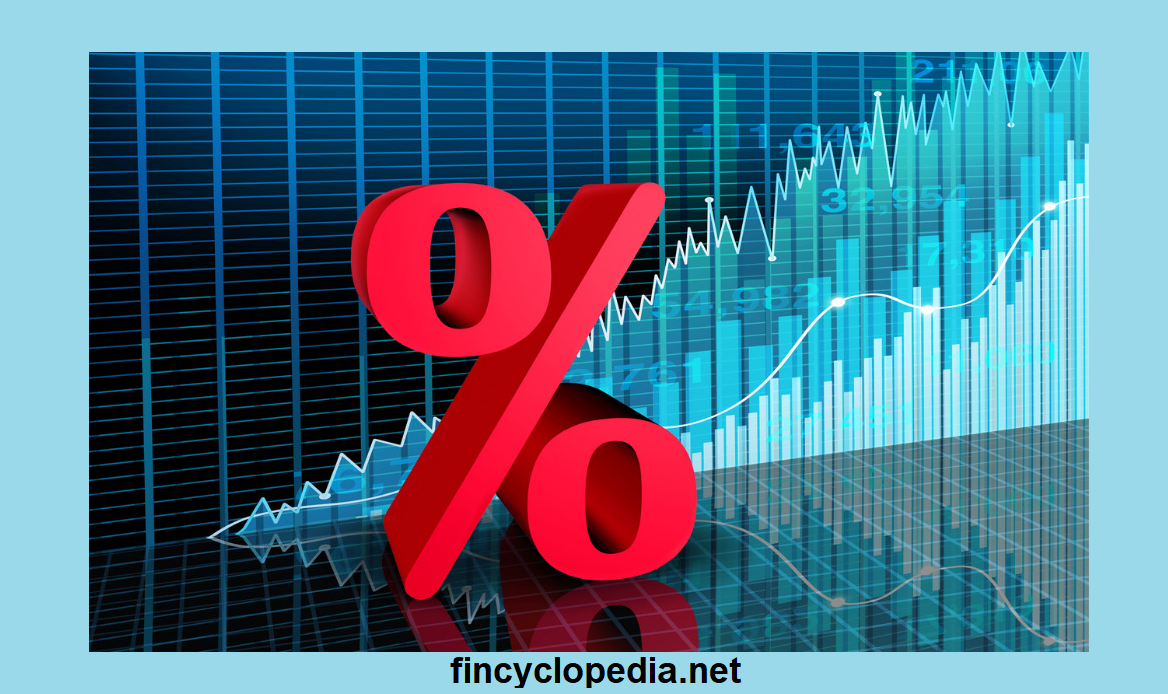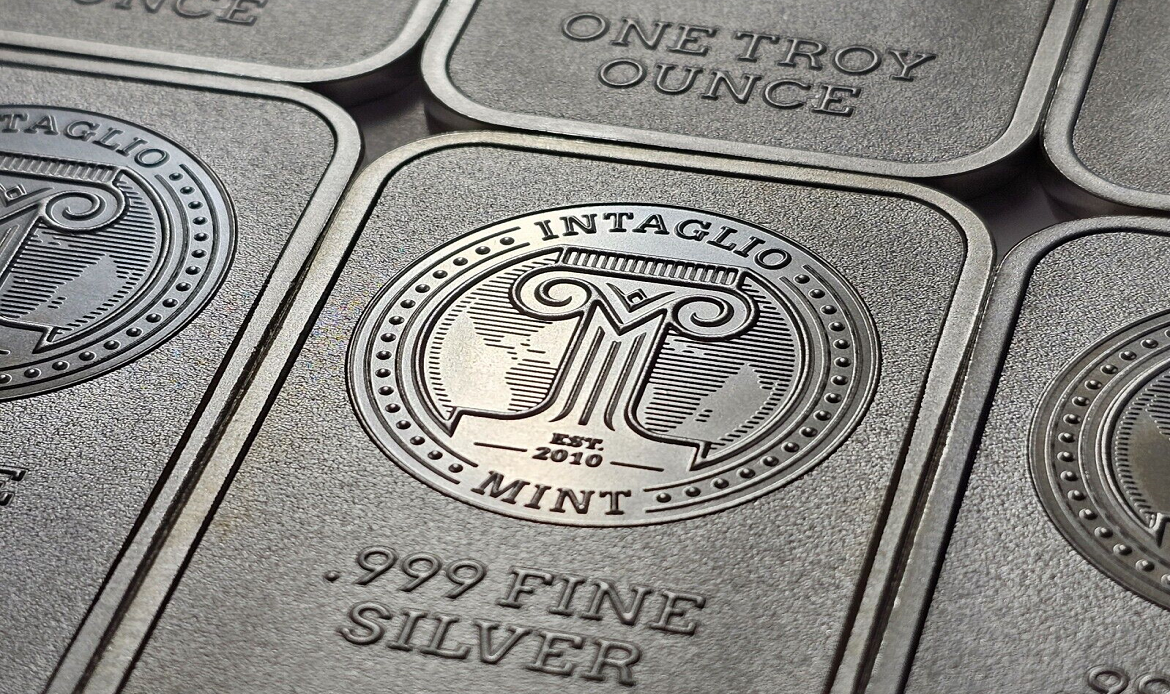A credit default swap (CDS) that constitutes insurance contracts offering protection against the default of a sovereign government or authority (the so-called sovereign reference entity). Mainly, sovereign credit default swaps are used for hedging purposes by parties keen to get protection against credit risk (default risk) associated with a government debt issue or loan arrangement (sovereign risk) such as a sovereign bond. This type of sovereign credit derivatives is designed to transfer and manage credit risk on sovereign names with a wide range of maturities (from 6 months up to 30 years) in the market. In addition to credit ratings, sovereign CDS spreads gauge the riskiness of sovereign bonds (the underlying riskiness of sovereign borrowers for policy makers, regulatory and supervisory authorities, and investors at large) and both tools are linked to the sovereign bond yield spreads (a market-based proxy for credit risk).
The sovereign credit default swap buyer makes periodic payments, i.e., the sovereign CDS spread (premium), to the protection seller over the life of the swap contract in exchange for the full value of underlying sovereign debt if default or generally other sovereign credit event set out in the contract occurs. Credit events may be default, failure to pay, etc. The protection seller compensates the difference between the par value and the market value of the reference bond in case the credit event occurs.





